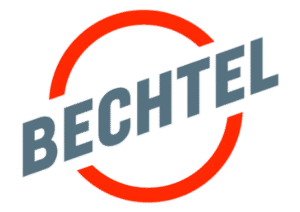Field Trips & Classroom Visits
Field Trips & Classroom Visits
Explore the natural and cultural history of the Mid-Columbia region through hands-on, place-based learning experiences.
At the REACH Museum, we offer educator-led programs both on-site and in the classroom that connect students to the geology, ecology, history, and science of our region. Whether you visit the museum or bring REACH educators to your classroom, our programs are aligned with Washington State K–12 Learning Standards and tailored to fit your group’s grade level and learning goals.

Bechtel’s Sponsorships Empower the REACH Museum to Subsidize Programs, Ensuring Equal Learning Opportunities for All Schools.
Read more about Bechtel and their support of the REACH Museum’s education initiatives in serving our local communities.
planning your field trip or classroom visit
Each program is led by a REACH Educator and can be adapted to meet your curriculum objectives and student needs. Pre-visit materials and post-visit extensions are available upon request.
Guided Field Trips: $210 per class (up to 30 students, grades K–12)
Duration: 1.5–2 hours | 1:7 chaperone ratio | Teachers & chaperones freePreschool Field Trips: $150 per class (up to 20 students)
Duration: 1–1.5 hours | 1:5 chaperone ratio | Teachers & chaperones freeSelf-Guided Field Trips: $5 per student (recommended for grades 6–12, group size 10–30)
Museum hours: Tues–Sat, 10:00 a.m. – 4:30 p.m.
Scavenger hunt worksheets available
Subsidies may be available for qualifying schools thanks to support from our community partners.
Contact REACH Education Manager Pauline Schafer | 509-943-4100 ext. 113
Available Program Topics
Preschool Nature Exploration (PreK–K)
Young learners explore nature through sensory-based activities, outdoor walks, and guided interactions with exhibits. Programs are seasonally appropriate and focused on foundational science discovery.
Columbia River Resources (Grades 2–8)
Examine how the Columbia River has supported people and ecosystems over time.
Activities may include:
Historical timeline construction
Fish adaptation investigations
Artifact analysis using Lewis & Clark journals
Satellite imagery exploration
Shrub-Steppe Ecosystem (Grades K–12)
Discover the arid landscape surrounding the Hanford Reach and how its plants, animals, and people are interconnected.
Activities may include:
Identifying native and invasive species
Observing skulls, pelts, and animal signs
Exploring habitat relationships and food webs
Geologic Past (Grades K–8)
Explore the forces that shaped the Pacific Northwest’s landforms and how Ice Age floods impacted the region.
Activities may include:
Rock and mineral comparisons
Rock cycle and plate tectonics modeling
Fossil analysis and flood simulations
The River Mile Crayfish Study (Grades 3–12, April–October)
Join a real-world science project tracking invasive crayfish in the Columbia River.
Activities may include:
Crayfish identification and measurement
Water quality testing and journaling
Habitat observations and population modeling
Can include classroom prep, museum learning, and a riverside data collection session.
Contact our Education Manager to customize.
Hanford – Manhattan Project and Beyond (Grades 5–12)
- Investigating Hanford cultural artifacts from WWII and the Cold War
- Using a Geiger counter to understand common sources of radiation
- Calculating the challenges of cleaning up Hanford
Not Sure Which Topic Is Right?
Our education team is happy to help you select or customize a program that fits your grade level and instructional goals.
REACH Education Manager: Pauline Schafer | 509-943-4100 ext. 113
